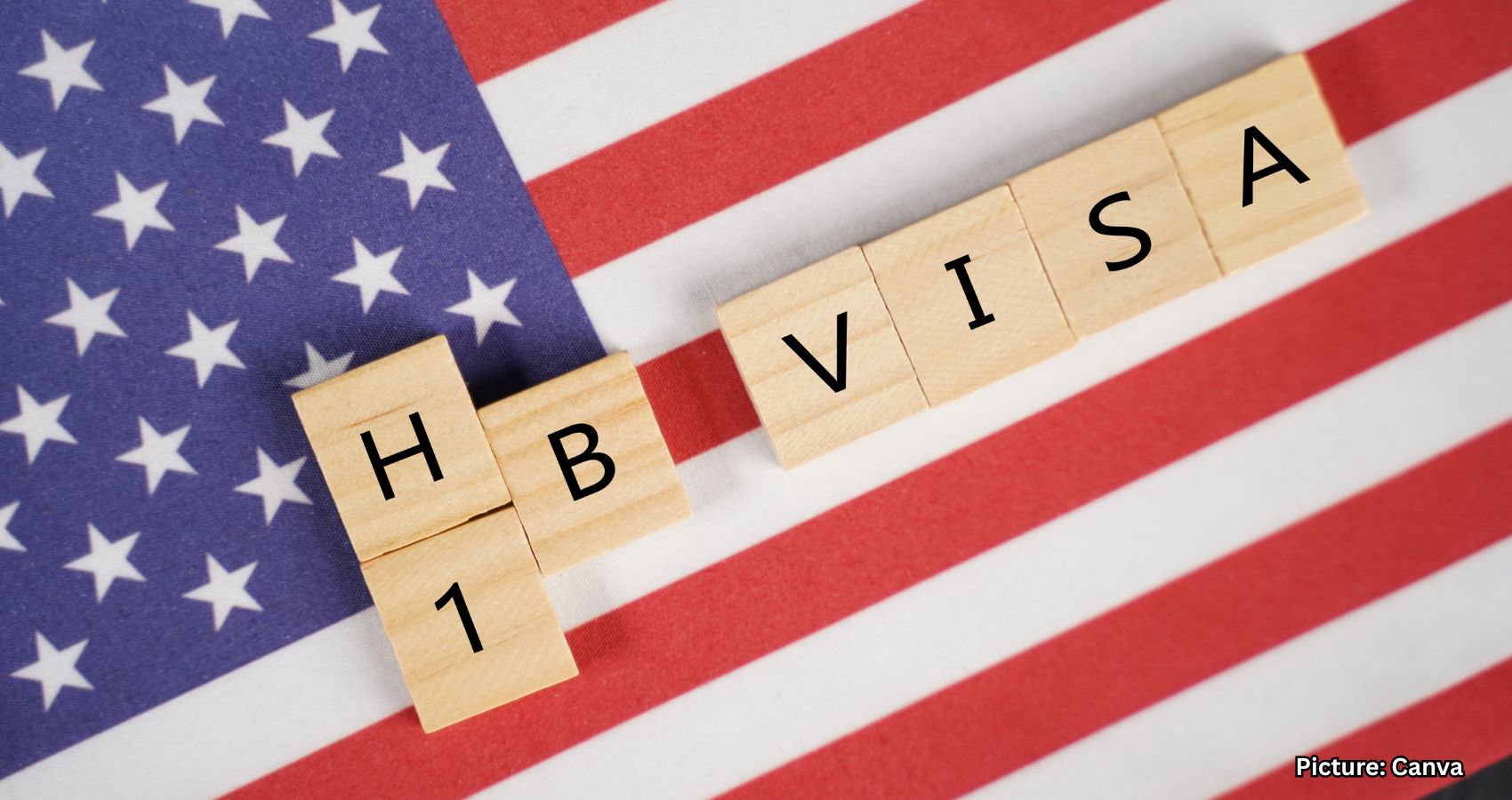The implementation of a $100,000 fee for new H-1B visas could significantly impact universities, prompting advisories and concerns about the future of international faculty recruitment.
The recent announcement of a $100,000 fee for new H-1B visas is poised to create challenges for universities across the United States. While the fee is not scheduled to take effect until March 2026, coinciding with the annual lottery for approximately 85,000 new H-1B visas, its implications are already being felt in academic institutions.
Jeremy Neufeld, director of immigration policy at the nonpartisan Institute for Progress, emphasizes that universities may be among the first to experience the fallout from this policy. Unlike private companies, universities and certain nonprofit organizations are currently exempt from the lottery system, allowing them to apply for H-1B visas year-round. However, they are not exempt from the new fee, which represents a significant financial burden. “The universities are on the frontlines and this is just a pure tax on their pipeline,” Neufeld stated.
Previously, H-1B fees ranged from $2,000 to $5,000, depending on the size of the employer, according to the American Immigration Council. The steep increase to $100,000 raises concerns about the ability of universities to attract and retain international talent, particularly as the Trump administration’s recent measures also propose changes to the visa lottery system that would favor older, higher-paid workers. This shift could hinder the prospects of international students earning advanced degrees in the U.S., who traditionally have relied on H-1B visas to remain in the country after graduation.
In response to the uncertainty surrounding the new visa rules, the University of Southern California (USC) has issued a travel advisory for faculty and staff on H-1B visas. The advisory recommends postponing international travel until further guidance is provided. The university’s student newspaper reported that faculty currently abroad are encouraged to return to the United States before the new regulations take effect.
“Out of an abundance of caution, all faculty and staff in H-1B status currently in the U.S. should put international travel plans on hold until they receive further guidance,” the advisory stated. “If possible, any faculty and staff in H-1B status who are currently outside the U.S. are strongly recommended to return to the U.S. before the proclamation takes effect.”
Aisling Kelliher, an associate professor in cinematic arts at USC, highlighted the importance of the American education system’s international reputation. “It’s a huge opportunity, both to come here as an immigrant and to receive an education, and then also to be able to continue as a researcher and as a teacher within the system that you’ve learned from,” she remarked.
The impact of the Trump administration’s policies on foreign student enrollment is already evident. Data from the U.S. International Trade Administration indicates that international student arrivals (excluding those from Canada and Mexico) decreased by 19% in August 2025 compared to the previous year, totaling 307,419. Similarly, July arrivals fell by 28% to 76,519. Forbes immigration senior contributor Stuart Anderson noted that some of this decline may be attributed to already enrolled students opting not to return home for the summer, as many universities advised them to remain in the U.S. to avoid potential reentry issues.
According to data from the U.S. Citizenship and Immigration Services, the 25 universities that received the most H-1B visas in the first nine months of Fiscal Year 2025 included Stanford University, which granted 500 visas during this period. Notably, 36% of its graduate students are international. Washington University in St. Louis and Columbia University in New York City reported that nearly half of their graduate students (46%) are from abroad.
In light of the new fee, a lawsuit has been filed in the U.S. District Court for the Northern District of California challenging the $100,000 charge. The plaintiffs include the American Association of University Professors, unions representing graduate students and medical residents, a church and its pastor, the recruiting firm Global Nurse Force, and an Indian postdoctoral researcher who lost her H-1B sponsorship due to the fee.
The lawsuit argues that the fee disproportionately affects workers already in the U.S. on other visas, such as F-1 student visas, who are seeking to transition to H-1B status. Even if the courts ultimately block the fee or grant exemptions for universities and nonprofits, the broader implications of the H-1B measures could still deter international faculty recruitment.
Additionally, proposed changes to student visas may restrict some graduate students from pursuing postdoctoral positions in the U.S. through Optional Practical Training (OPT). This program allows STEM graduates from abroad to work for up to three years, helping them build professional networks and transition into H-1B roles sponsored by universities or private employers.
The evolving landscape of immigration policy continues to raise concerns among academic institutions, as they navigate the challenges posed by new fees and regulations that could significantly alter the recruitment of international talent.
Source: Original article

